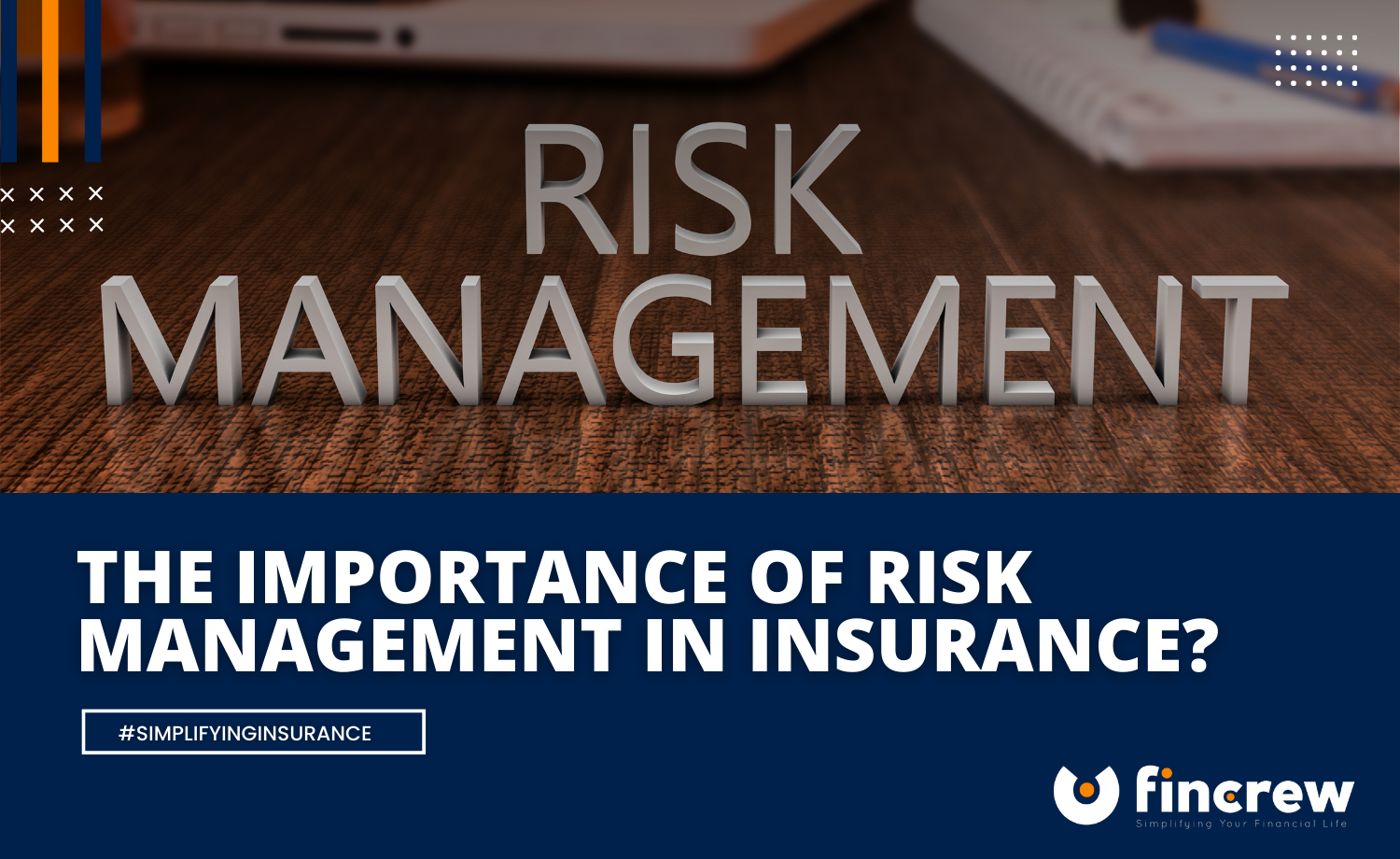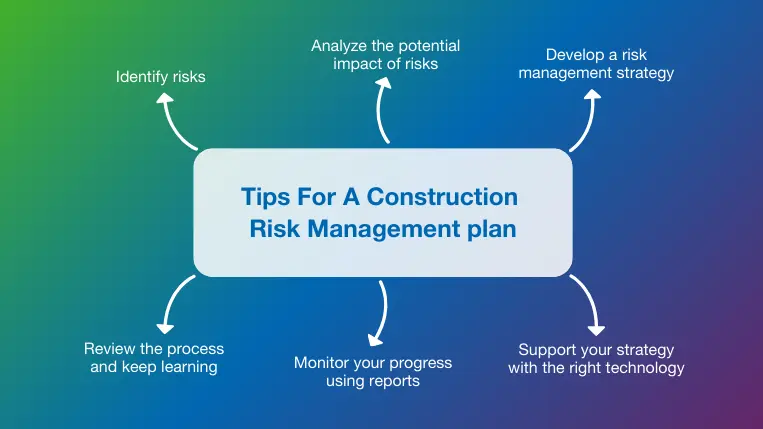The Importance of Understanding the Relevance of Risk Management in Various Industries

The Core Principle of Risk Management and Its Objective
Risk Management, the keystone of lots of industries, rests on the identification, examination, and mitigation of uncertainties in a company setting. It is an indispensable practice that allows companies to safeguard their properties, reputation, and overall survival. By properly identifying prospective risks, businesses can create methods to either stop these dangers from happening or lessen their influence. The examination process entails analyzing the chance and possible extent of these risks. The mitigation process involves designing methods to minimize their potential effect once dangers have actually been identified and evaluated. This procedure is intermittent and continuous, making certain that organizations are gotten ready for the ever-changing nature of Risk in various sectors. The main function, hence, is to promote durability in the middle of uncertainties.
Advantages of Applying Risk Management in Service Workflow

Revealing the Role of Risk Management in Different Industries
While every industry challenges its special collection of dangers, the execution of Risk Management strategies continues to be an usual denominator in their search of sustainability and growth. In the health care industry, Risk Management entails making sure client safety and security and information defense, while in money, it includes mitigating financial investment risks and making sure regulative conformity (importance of risk management). Construction companies concentrate on employee safety, task delays, and budget overruns. In the innovation industry, business minimize cybersecurity hazards and modern technology obsolescence. Inevitably, the role of Risk Management across sectors is to identify, analyze, and minimize threats. It is a necessary component of critical planning, making it possible for organizations to secure their click reference assets, optimize opportunities, and attain their objectives.
Real-life Study Demonstrating Successful Risk Management
To understand the significance of Risk Management in these many industries, one can look to several real-life circumstances that highlight the effective application of these actions. As an example, in the energy sector, British Oil created Risk reduction plans post the 2010 Gulf of Mexico oil spill. They implemented far better security procedures and more stringent laws which dramatically reduced additional accidents. Similarly, in financing, Goldman Sachs successfully navigated the 2008 financial crisis by identifying potential mortgage-backed protections dangers early. Toyota, upload the 2011 earthquake in Japan, modified its supply chain Management to decrease disturbance risks. These click to read cases demonstrate just how industries, picking up from dilemmas, successfully applied Risk Management techniques to decrease future risks.
Future Patterns and Advancements in Risk Management Strategies
Cybersecurity, when a peripheral concern, has catapulted to the center of Risk Management, with approaches concentrating on avoidance, discovery, and action. The integration of ESG (Environmental, Social, Governance) factors right into Risk Management is another growing fad, showing the boosting recognition of the duty that ecological and social risks play in organization sustainability. Hence, the future of Risk Management lies in the fusion of innovative modern technology, innovative approaches, and a holistic approach.
Verdict
In conclusion, understanding the significance of Risk Management throughout a range of markets is essential for their long life and prosperity. Inevitably, effective Risk Management adds to more sustainable and durable organizations, highlighting the value of this technique in today's dynamic and extremely competitive company environment.
While every industry confronts its one-of-a-kind collection of threats, the execution of Risk Management strategies remains an usual in their quest of sustainability and growth. In the healthcare sector, Risk Management involves making certain individual security and data defense, while in money, it includes mitigating investment risks and ensuring regulatory compliance. Ultimately, the function of Risk Management across industries is to recognize, evaluate, and alleviate risks. These situations show just how sectors, finding out from situations, effectively used Risk Management methods to decrease future risks.
